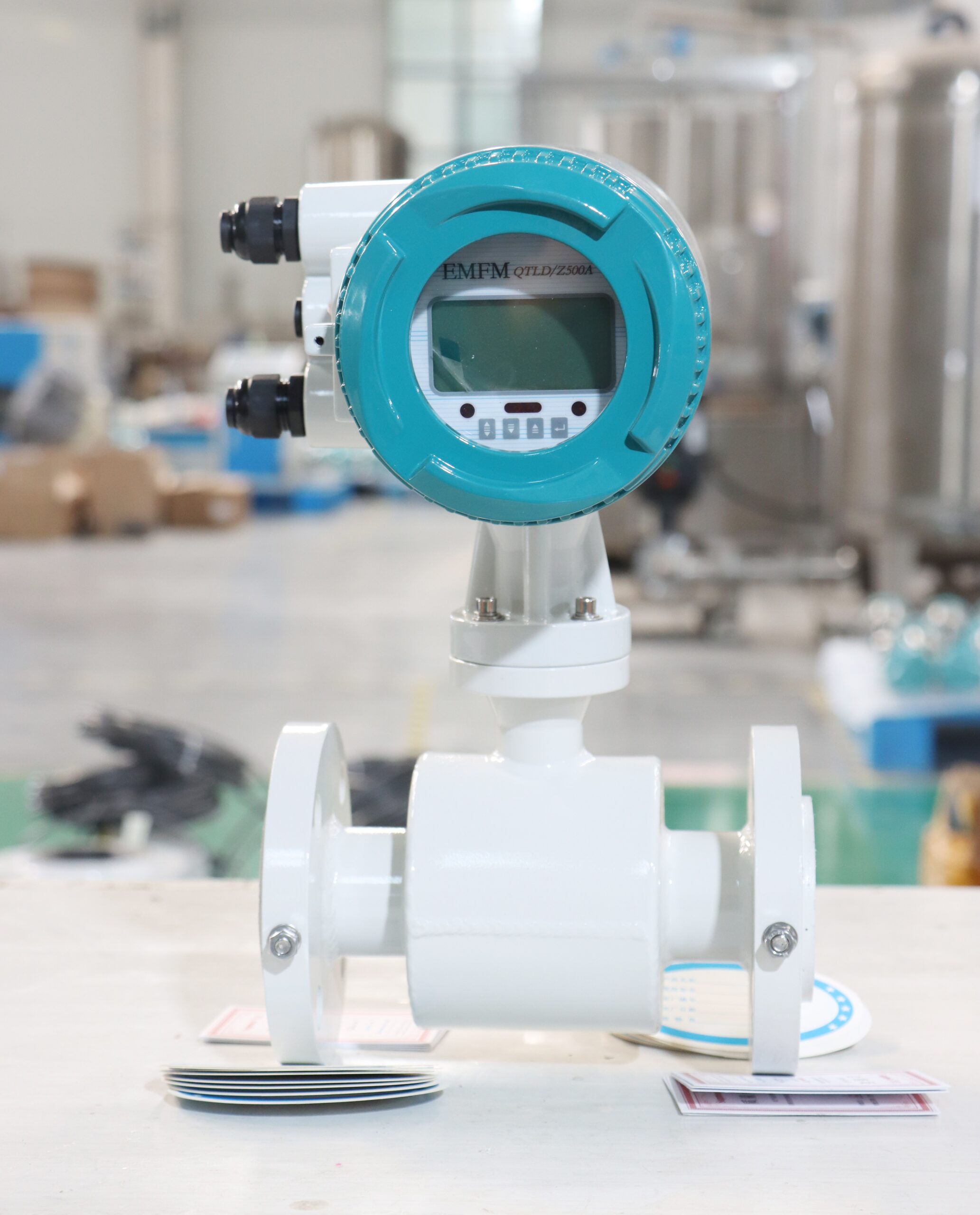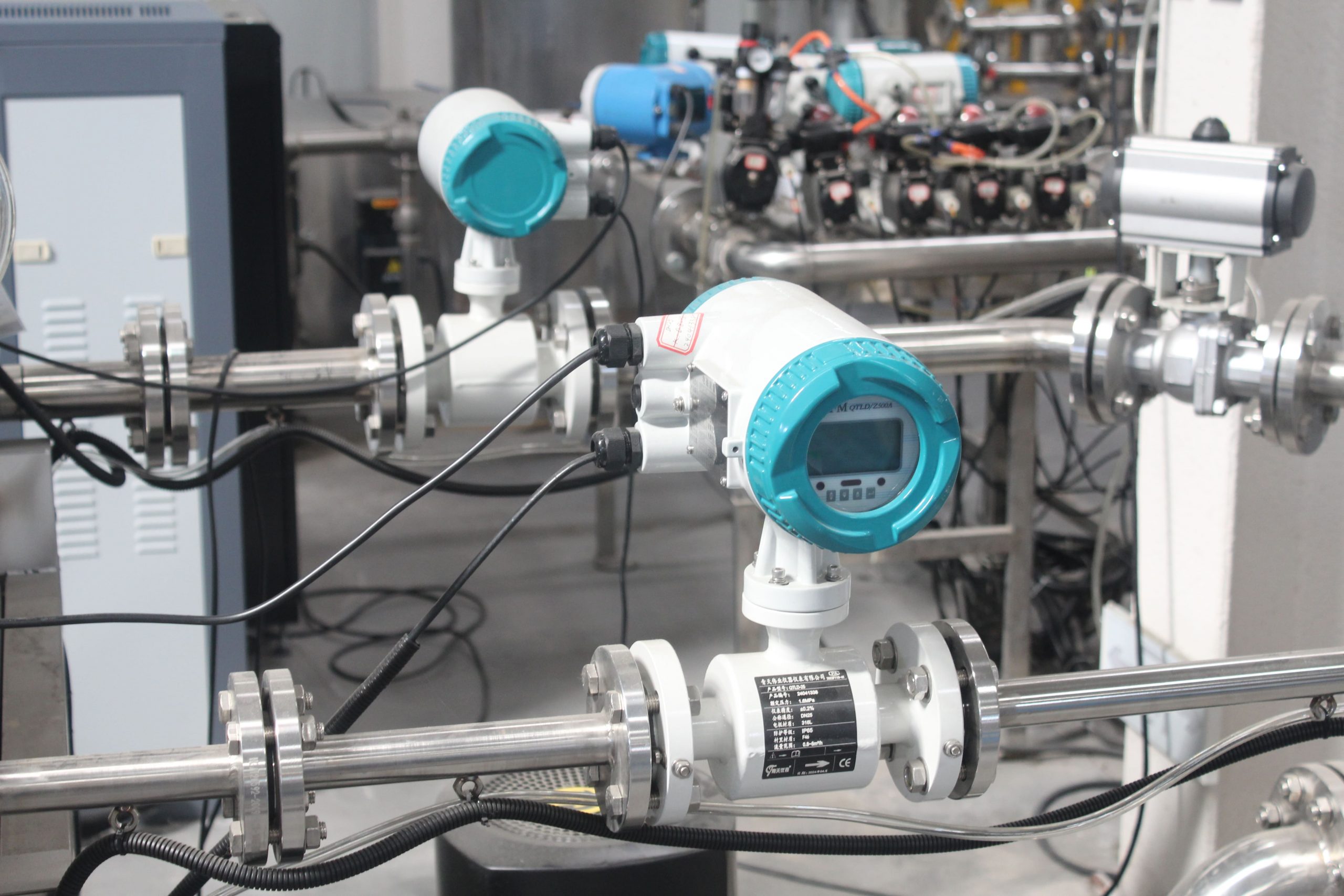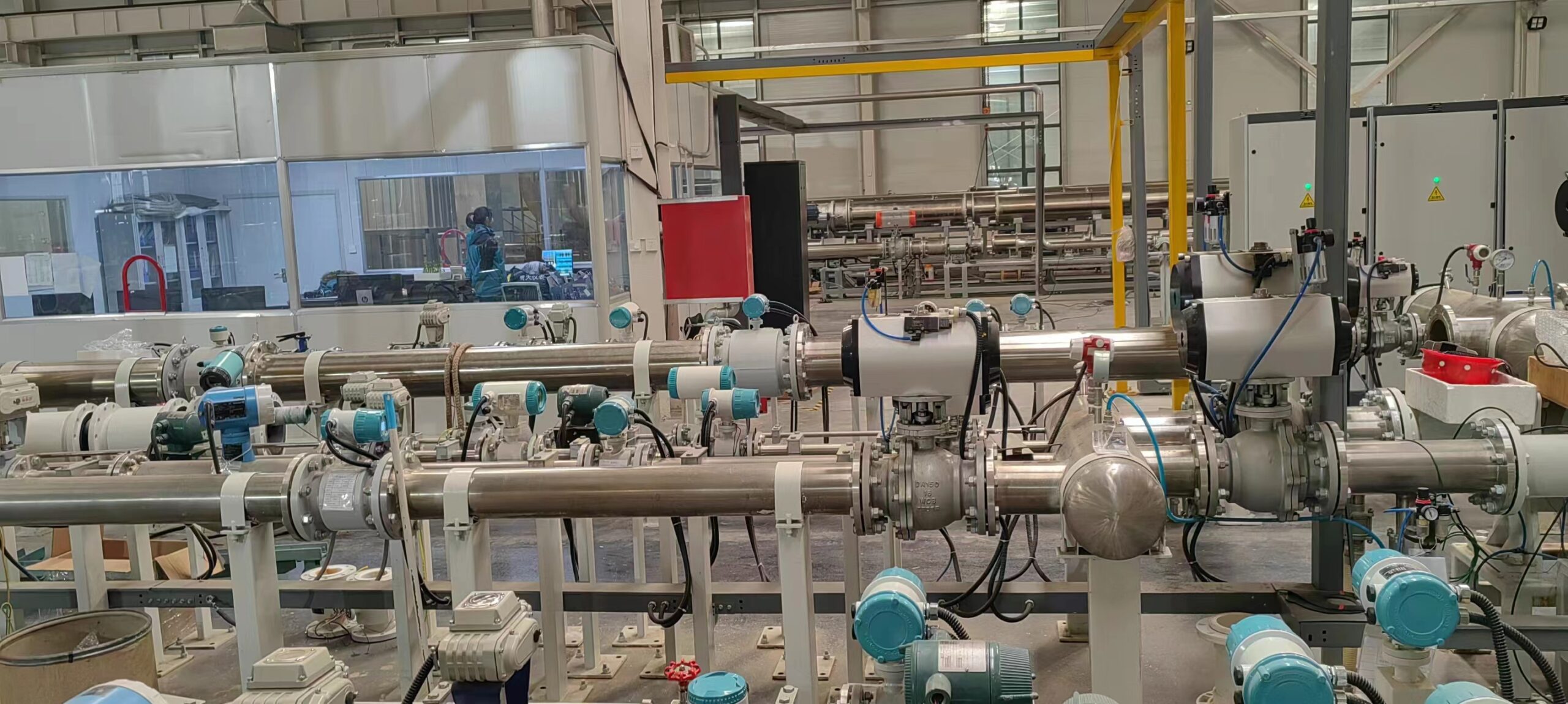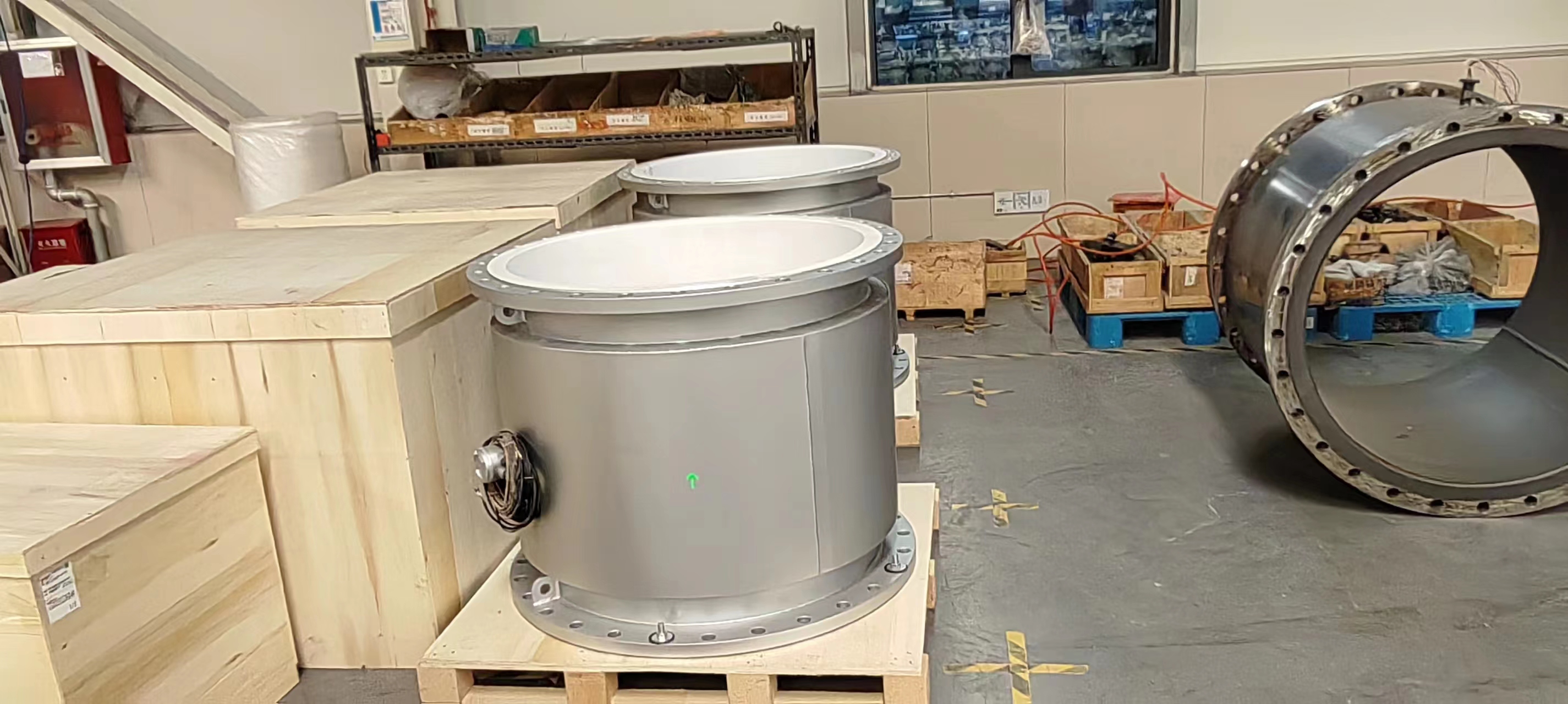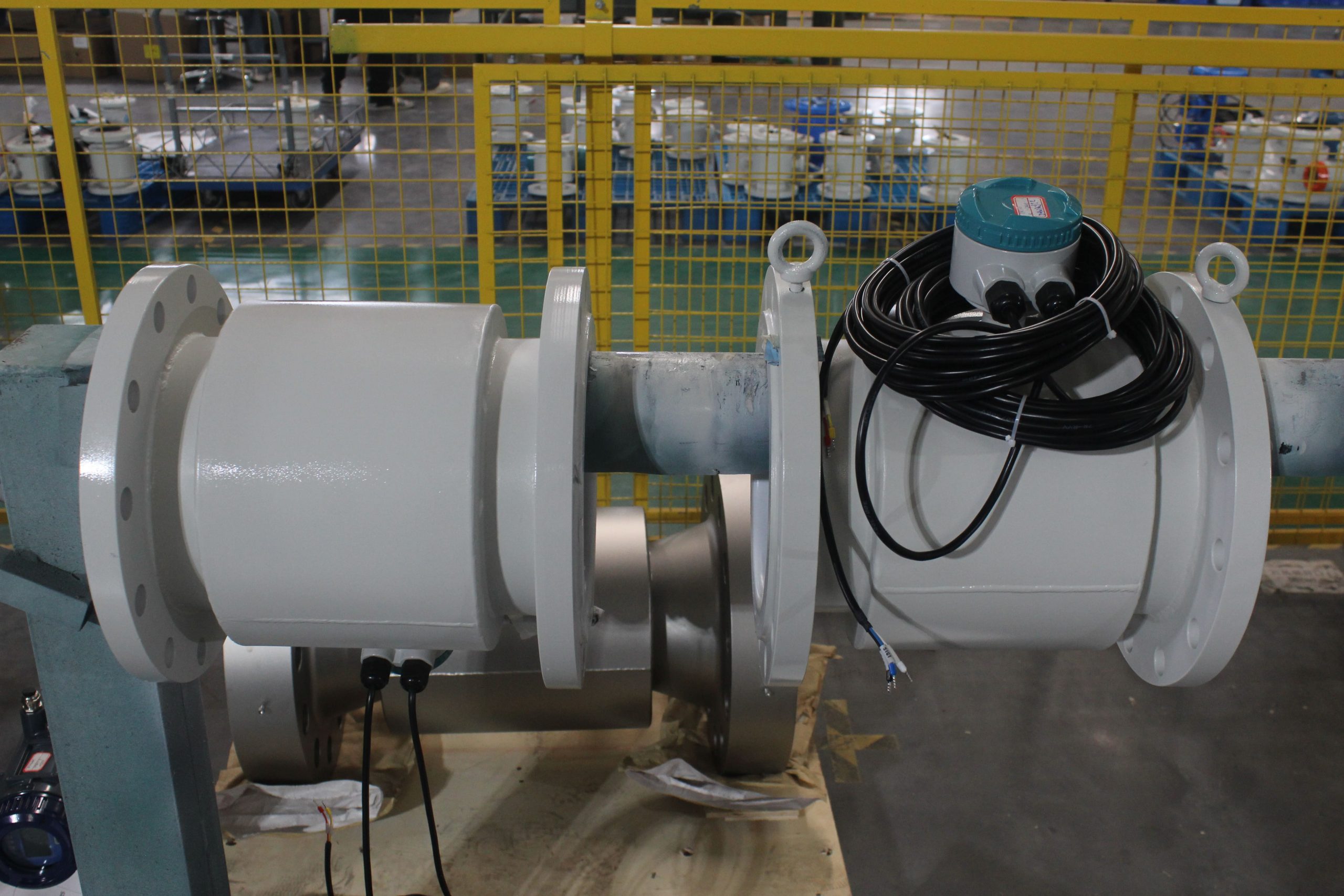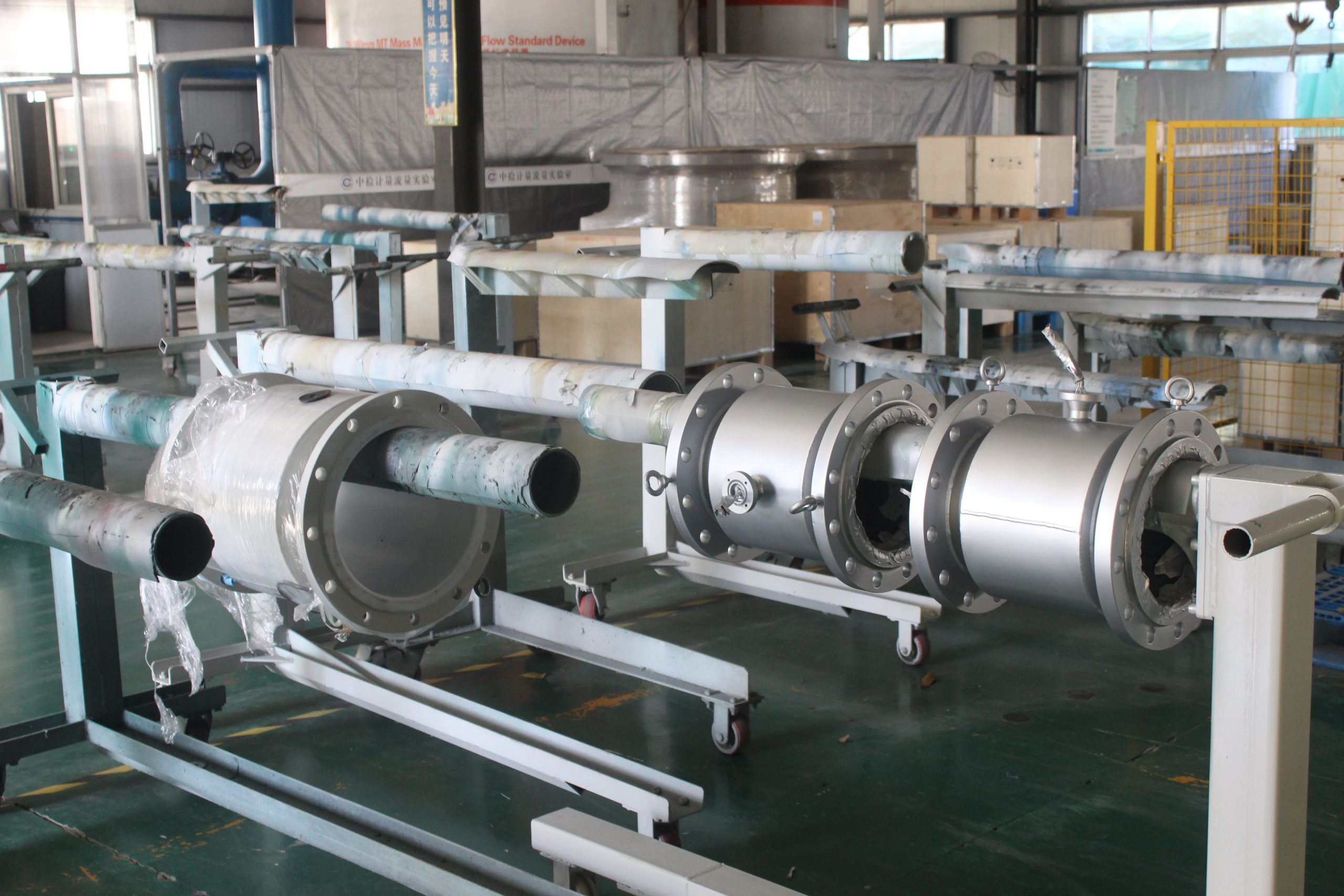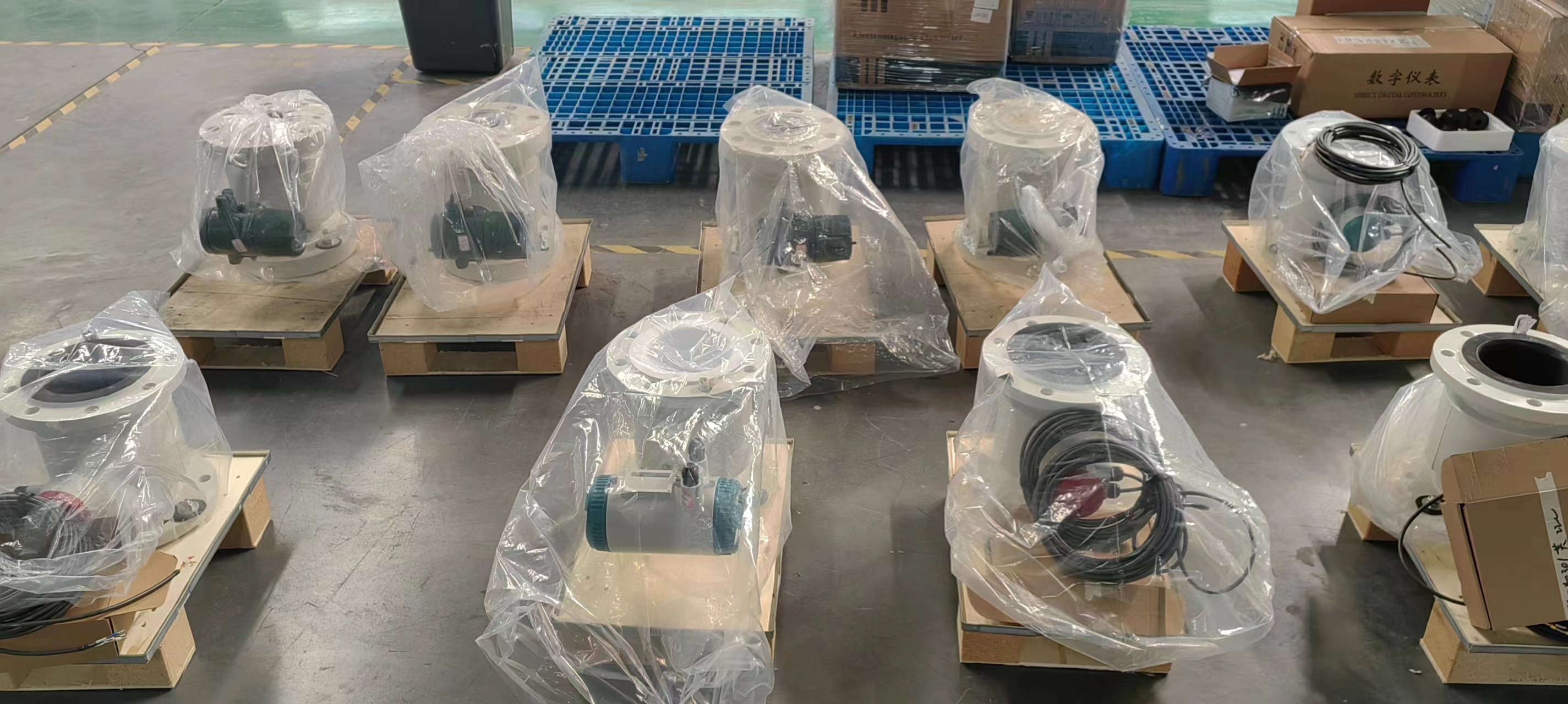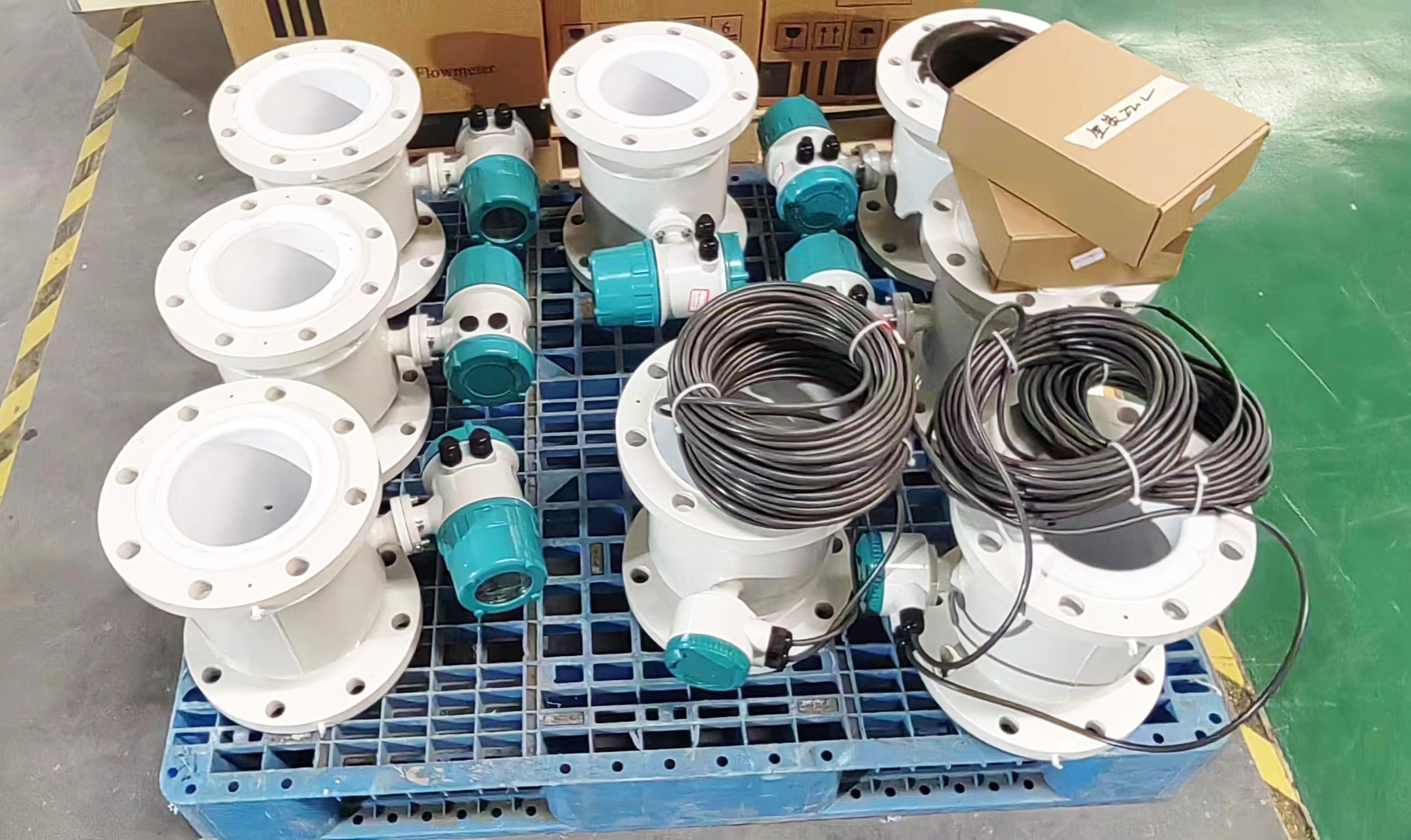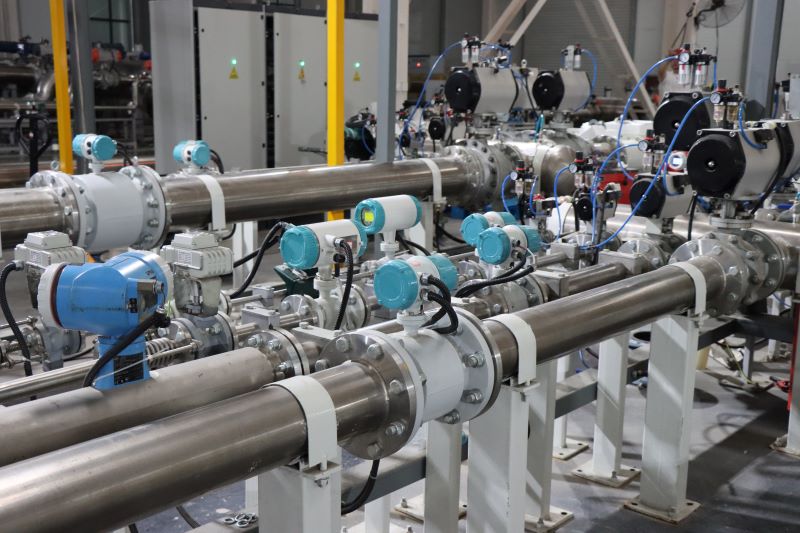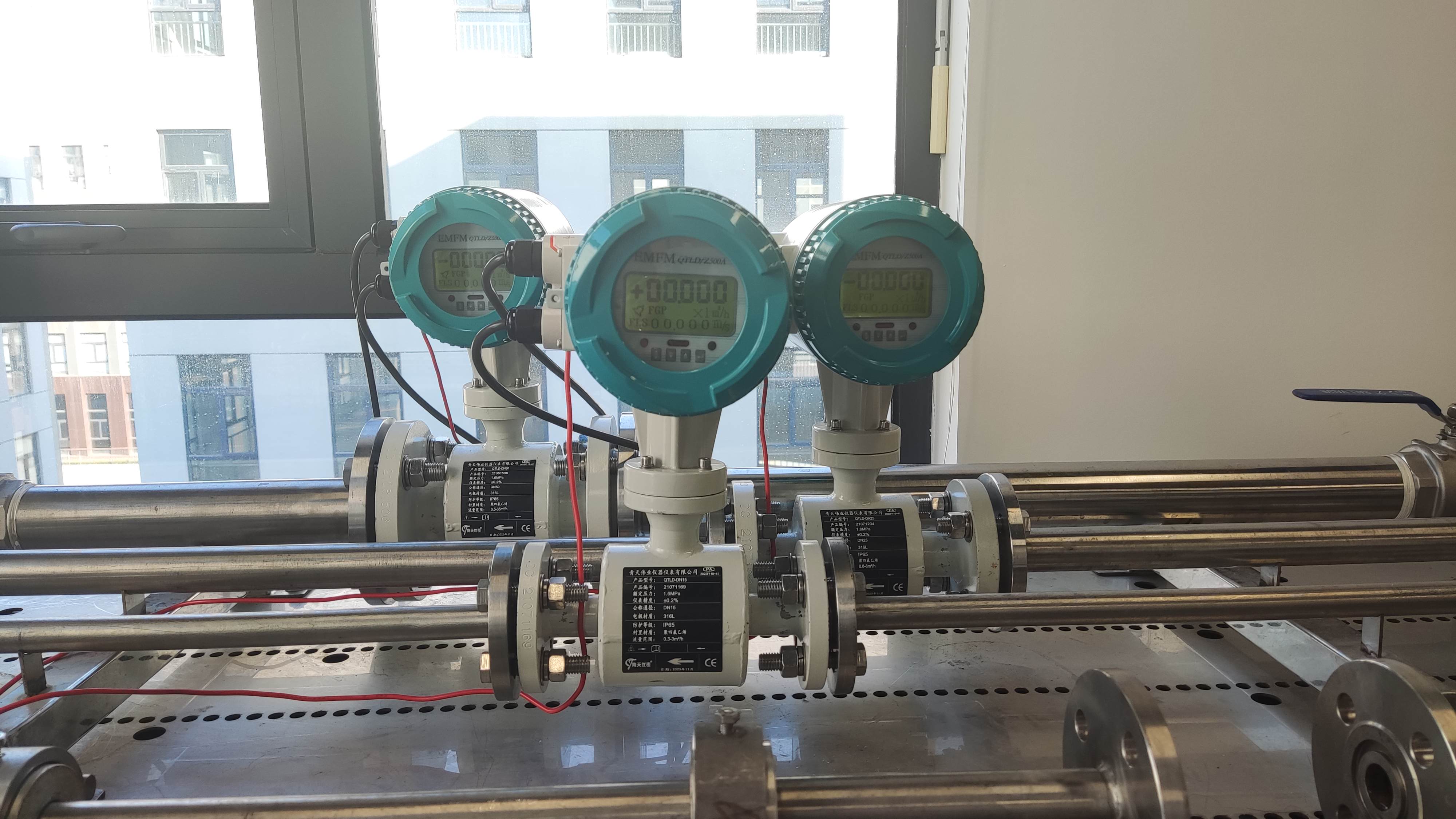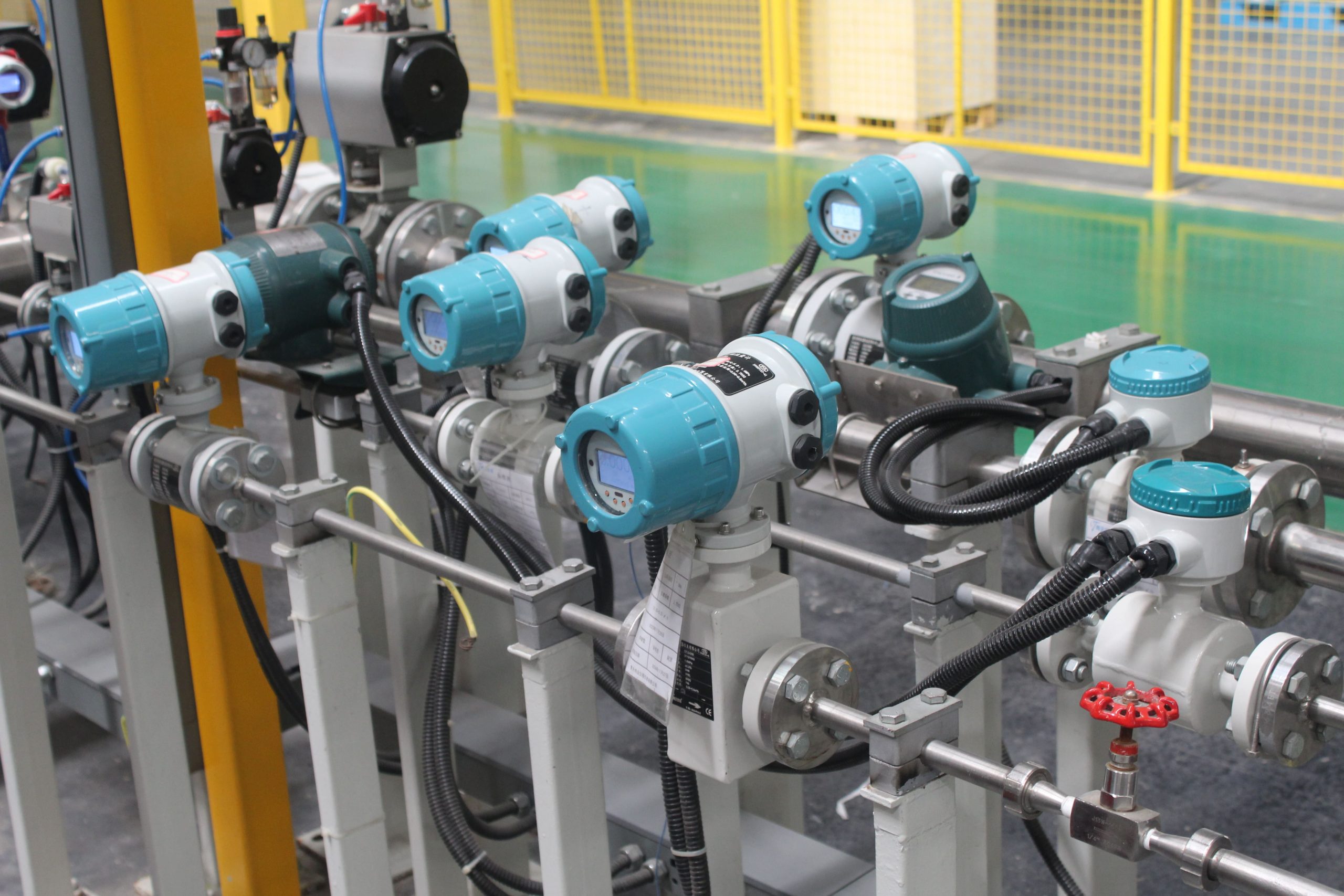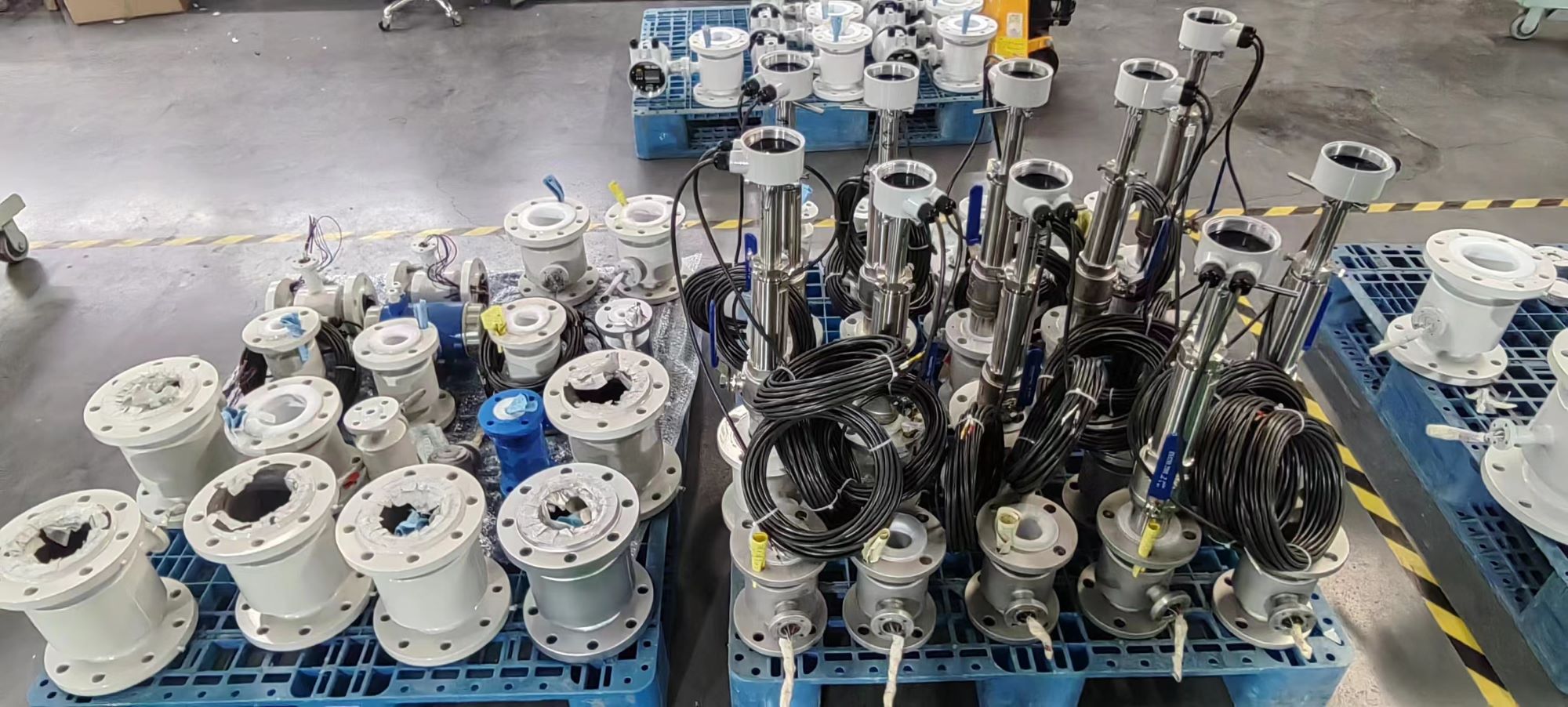How to choose the flow meter of domestic sewage?
In the flow measurement of domestic sewage, it is very important to choose the right flowmeter to ensure the accuracy and reliability of the measurement results. Here are some suggestions to help you choose the right flowmeter for domestic sewage:
1. Consider sewage characteristics
Composition and properties: Domestic sewage usually contains suspended matter, organic matter and other impurities, but the corrosion is relatively weak. At the same time, domestic sewage has a certain conductivity, which is an important consideration in the selection of electromagnetic flowmeters.
Flow range: Depending on the size and capacity of the treatment plant, determine the maximum, minimum and normal flow range to be measured.
2. Flowmeter type selection
Electromagnetic flowmeter:
Advantages: The electromagnetic flowmeter works based on Faraday’s law of electromagnetic induction and is suitable for measuring the volume flow of conductive liquids. It is not affected by fluid temperature, pressure, density and viscosity, and the measurement accuracy is high. For domestic sewage, which has a certain conductivity of the medium, electromagnetic flowmeter is a good choice.
Key points of selection:
Lining material: According to the wear and corrosion of sewage, choose the appropriate lining material, such as rubber lining is suitable for domestic sewage with more impurities.
Electrode material: Stainless steel electrode (such as 316L) can usually meet the measurement needs of domestic sewage, if the sewage is more corrosive, you can consider using more corrosion-resistant materials such as titanium electrode or tantalum electrode.
Installation method: Integrated or split electromagnetic flowmeter can be selected, according to the field installation conditions and personal preferences to make decisions.
Ultrasonic flowmeter:
Advantages: Ultrasonic flowmeters are suitable for large diameter pipes and applications where fluids are not easily accessible. It does not need to be in direct contact with the medium and is easy to install and maintain.
Key points of selection:
Type selection: External clamp type ultrasonic flowmeter can be directly attached to the outside of the pipeline, suitable for occasions where the flow is not easy to stop; The plug-in type needs to be inserted into the pipeline, which may cause certain damage to the pipeline.
Measurement accuracy: pay attention to the influence of impurities in sewage on ultrasonic propagation, select the appropriate measurement methods and parameters to improve the measurement accuracy.
Other flowmeters: Although vortex flowmeters, turbine flowmeters, etc., also have their own applications, they are relatively rarely used in the measurement of domestic sewage. The measuring accuracy of vortex flowmeter is easily affected by external interference. The turbine flowmeter has higher requirements for the cleanliness of the medium and is not suitable for domestic sewage with more impurities.
3. Consider other factors
Measurement accuracy: Select the appropriate measurement accuracy level according to the actual needs. Generally speaking, the measurement accuracy of the electromagnetic flowmeter is high, and it can meet the needs of most domestic sewage measurement.
Installation and maintenance: Consider the installation conditions and maintenance convenience of the flow meter. Electromagnetic flowmeters are usually compact in structure and easy to operate and maintain. Ultrasonic flowmeter does not need to be in direct contact with the medium, and installation and maintenance is simpler.
Cost-effectiveness: Considering the price, service life, maintenance costs and other factors of the flow meter, choose cost-effective products.

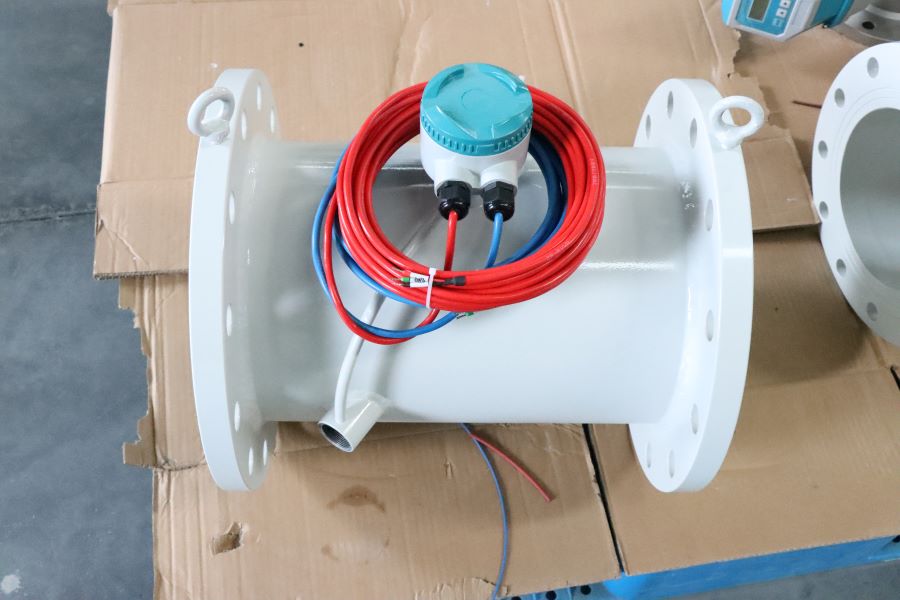
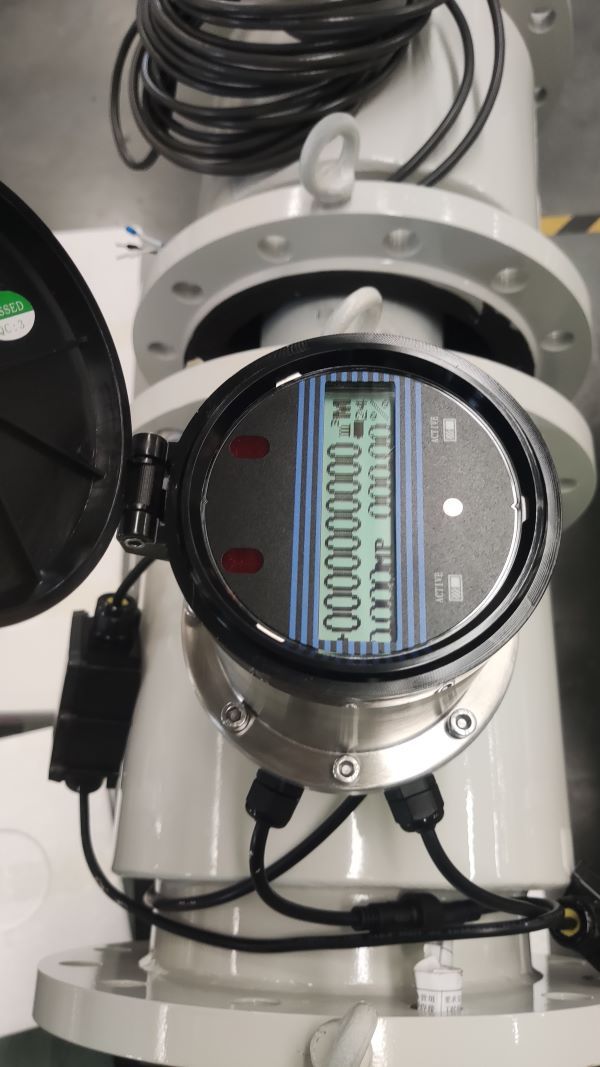
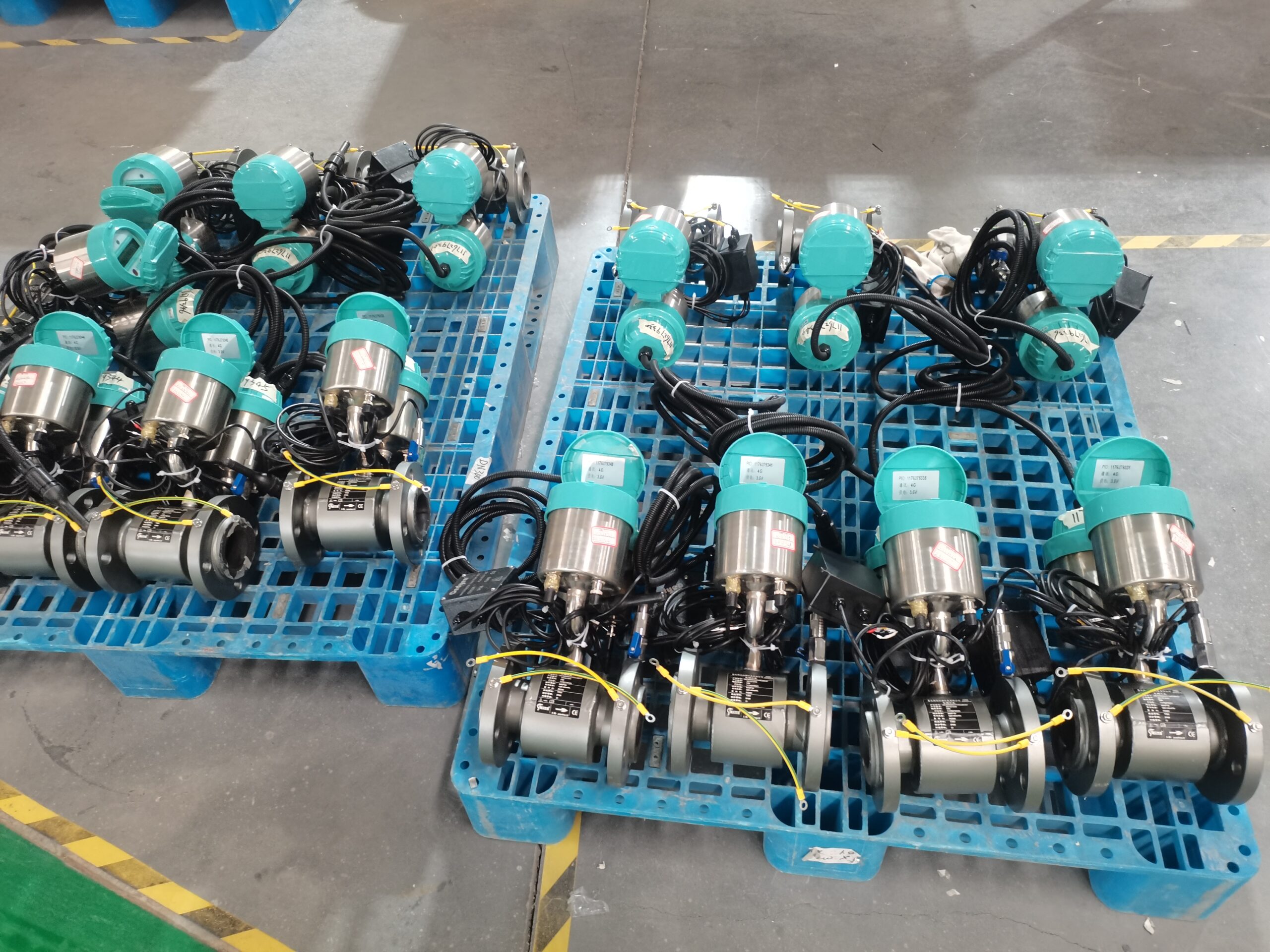
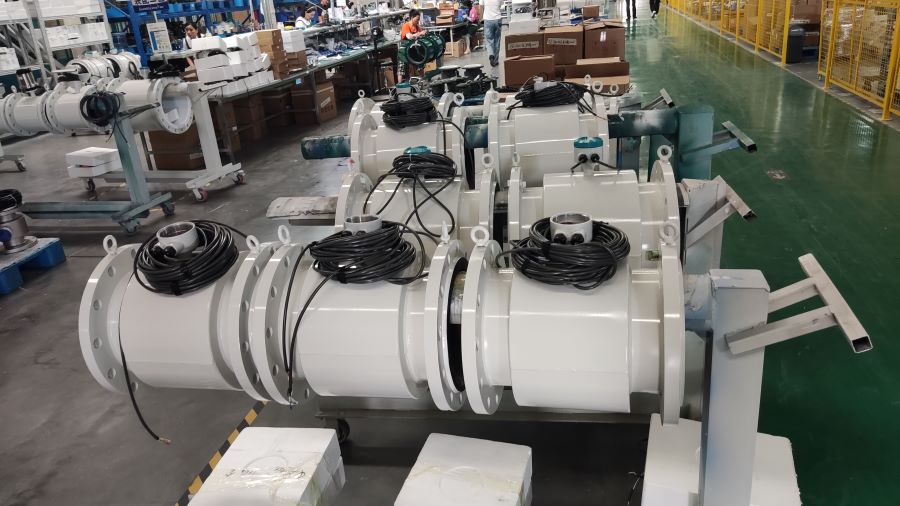
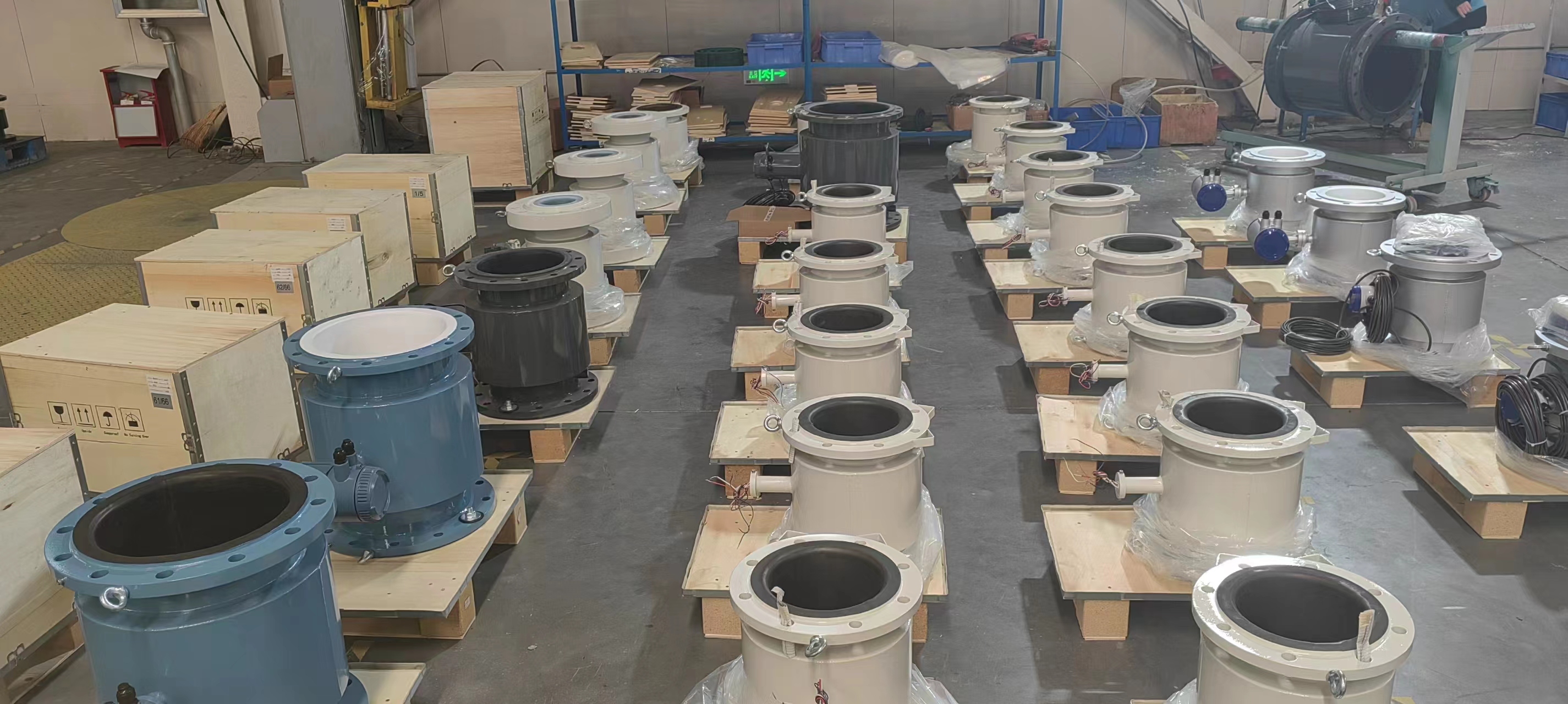
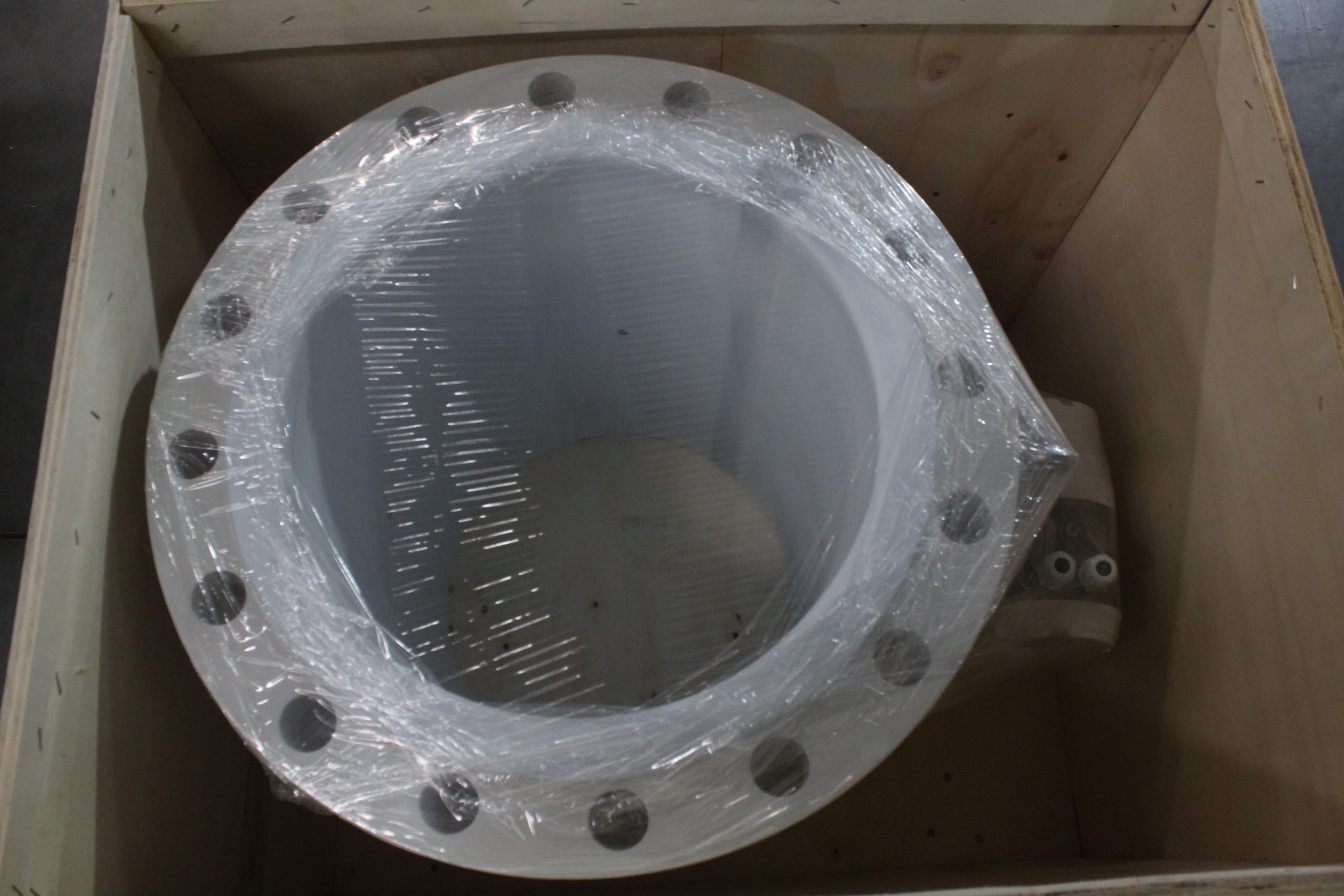
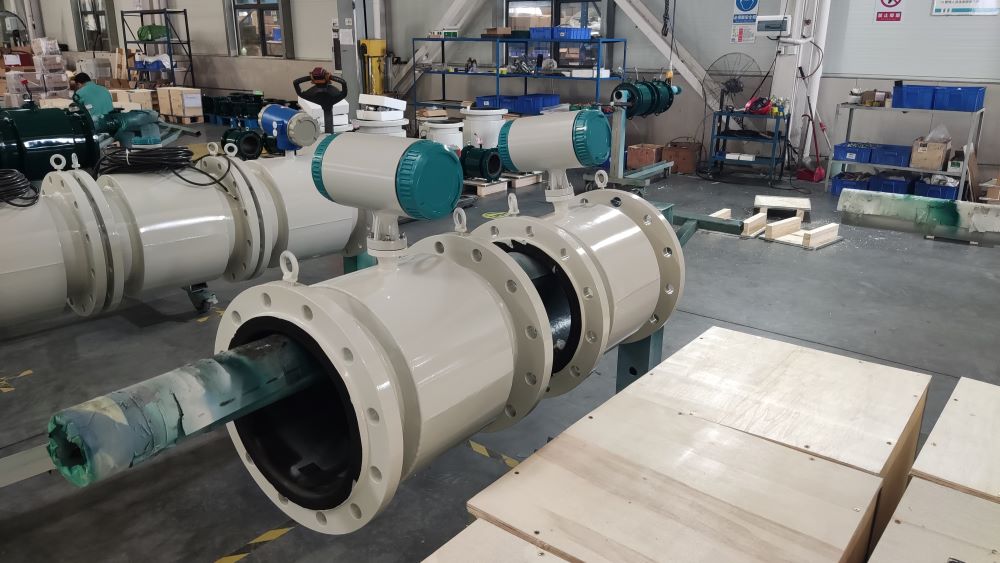
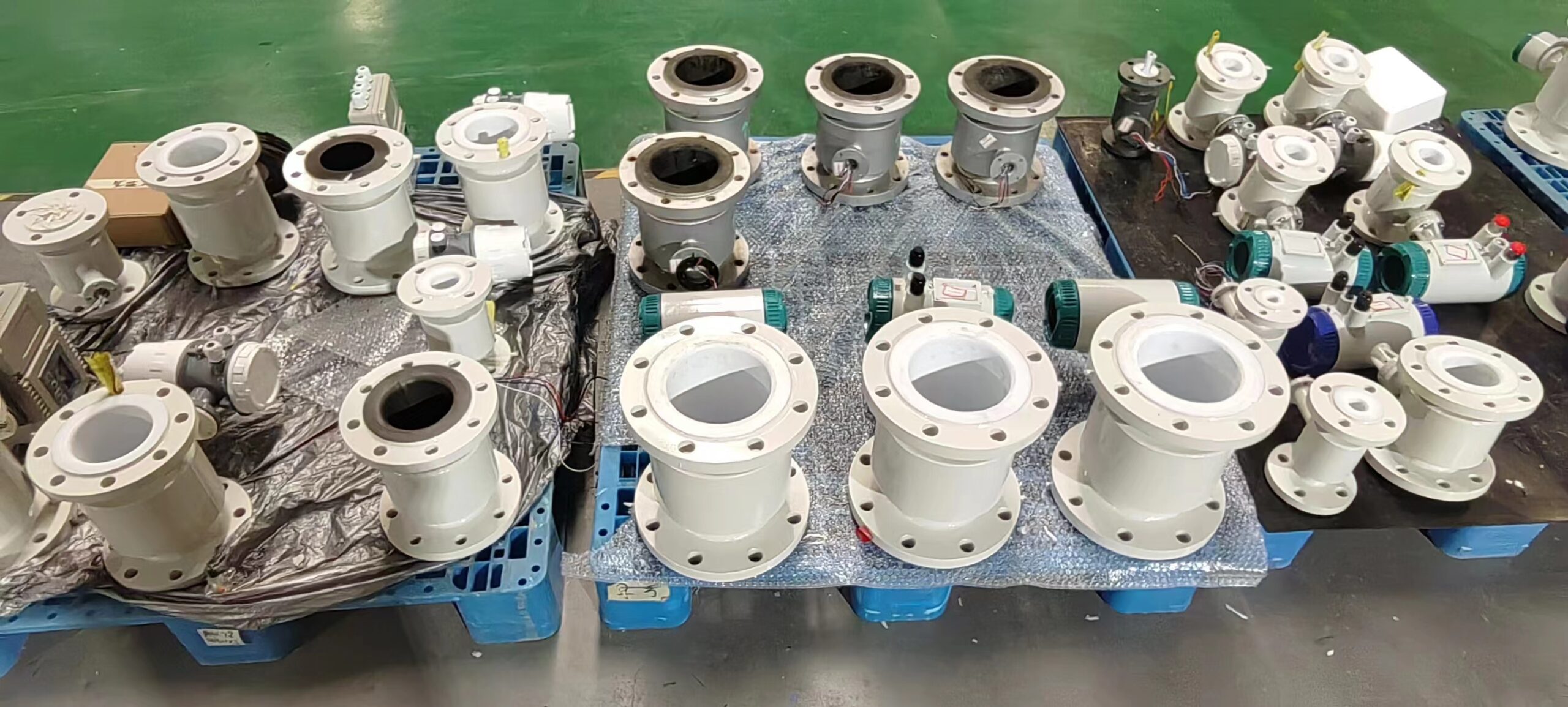
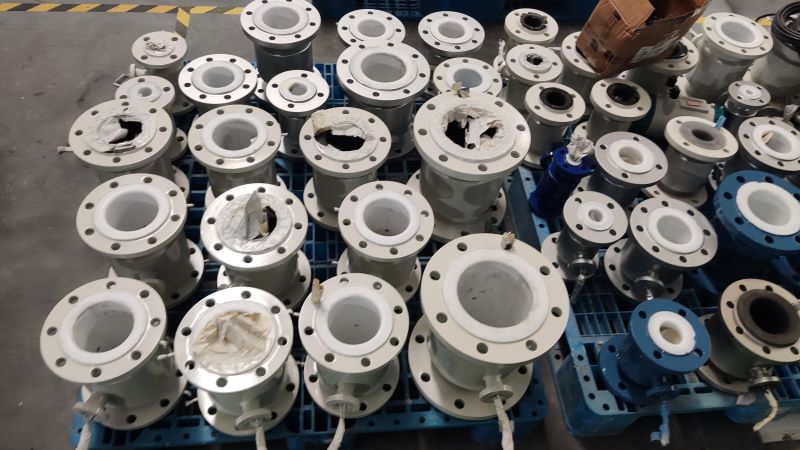
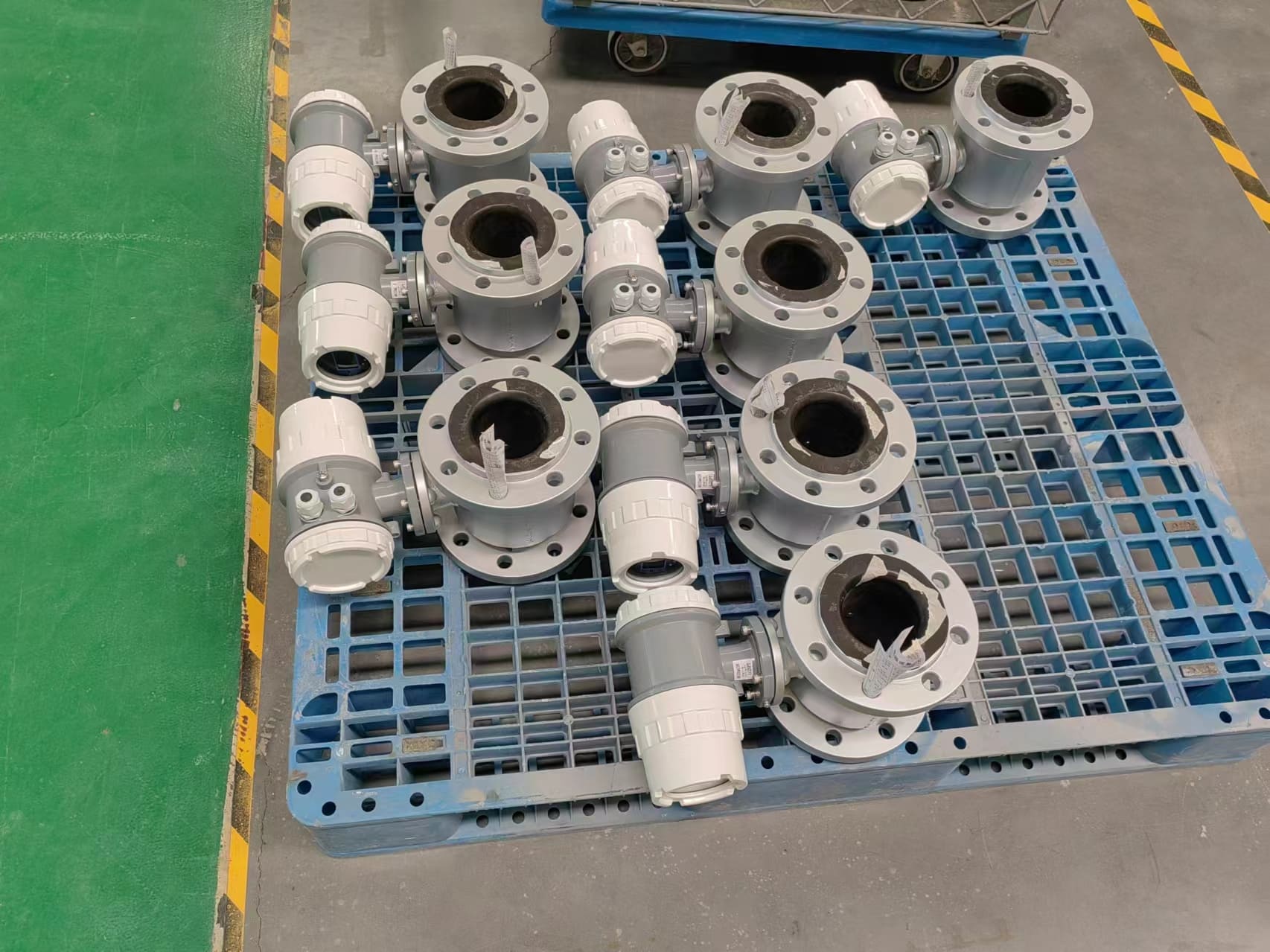
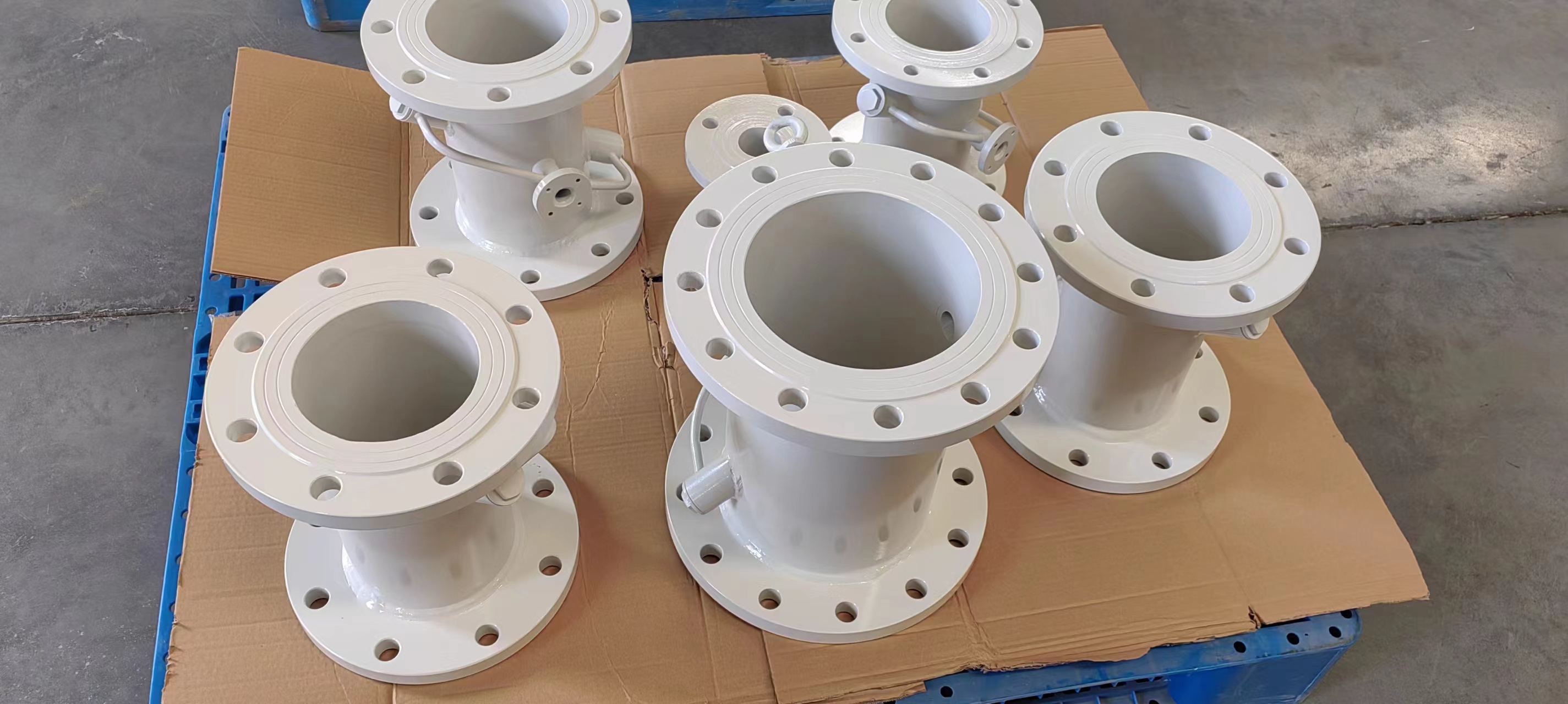
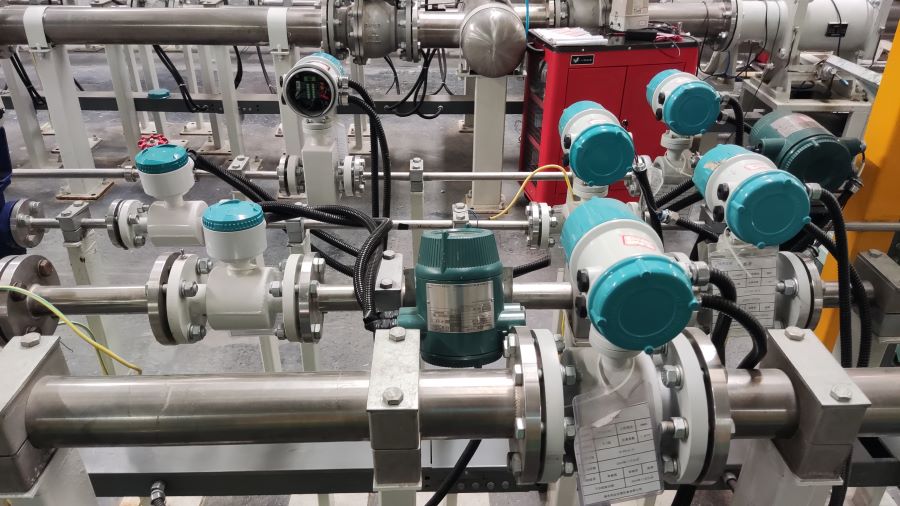
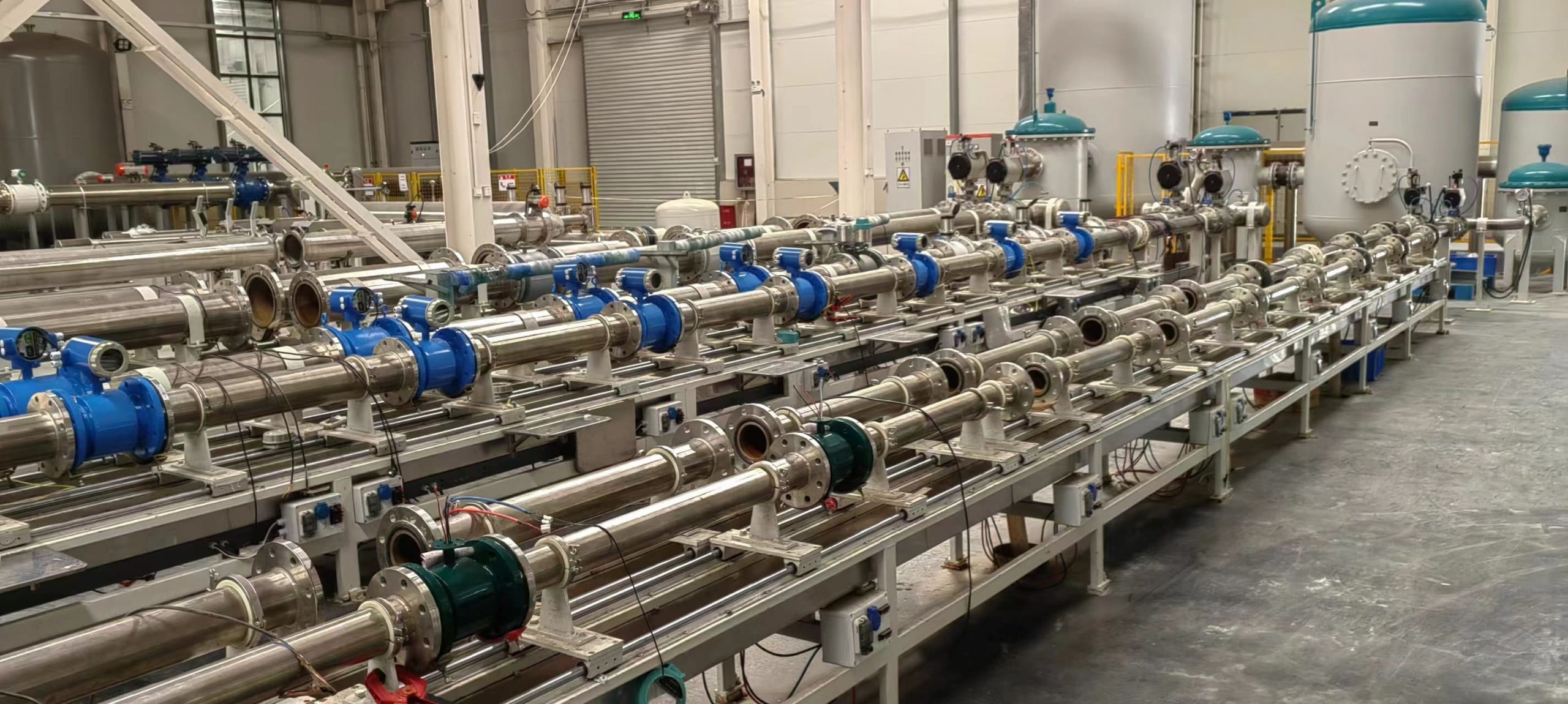
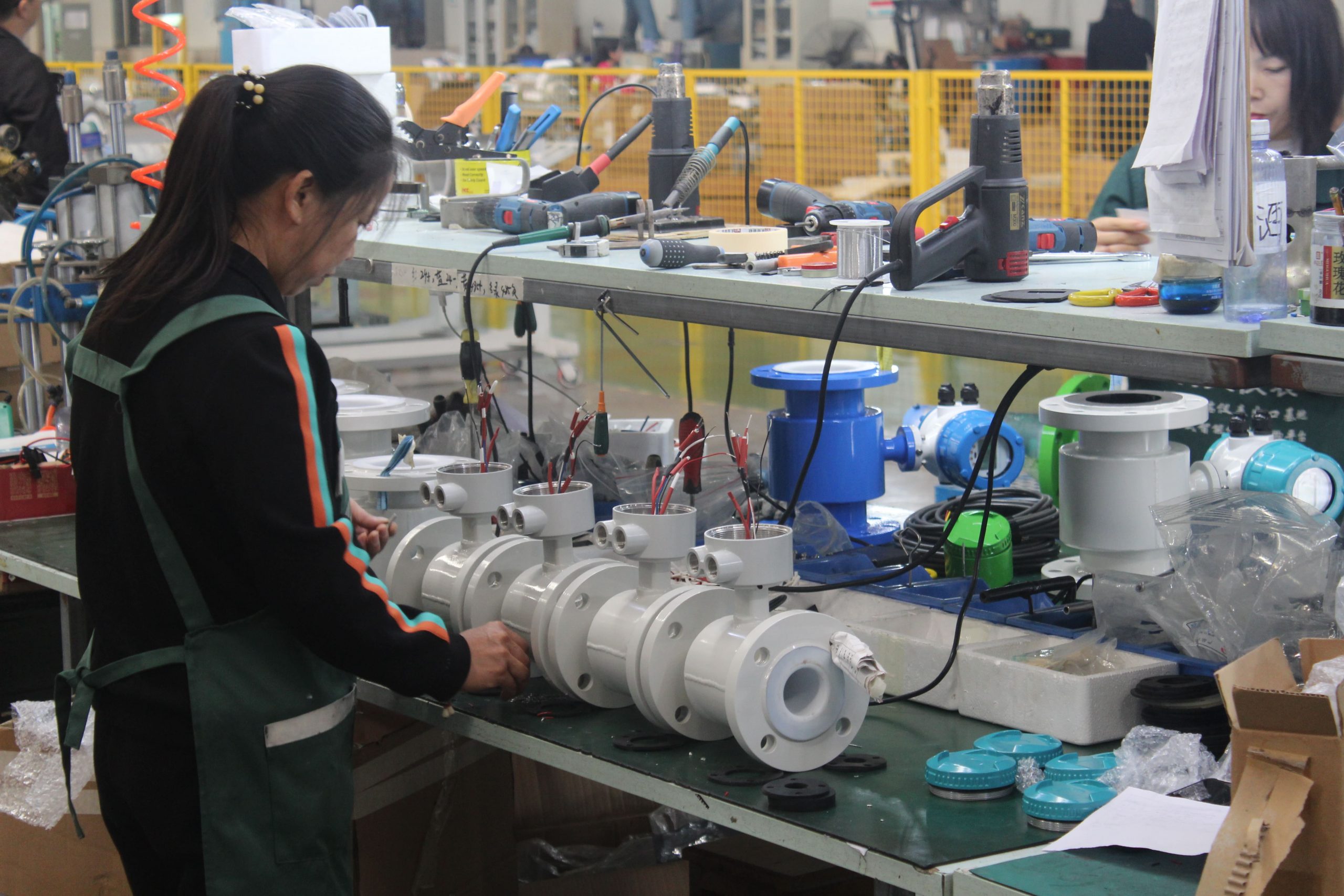
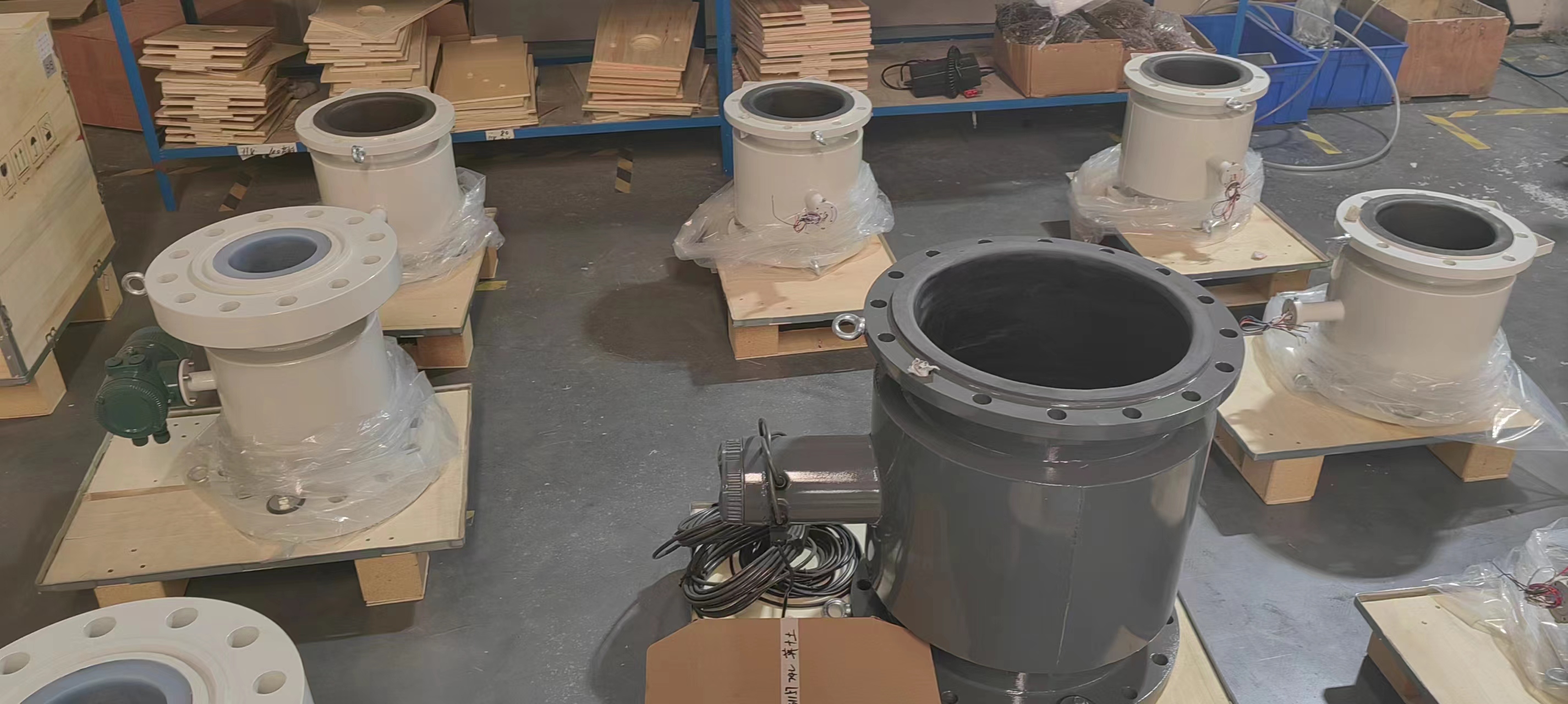
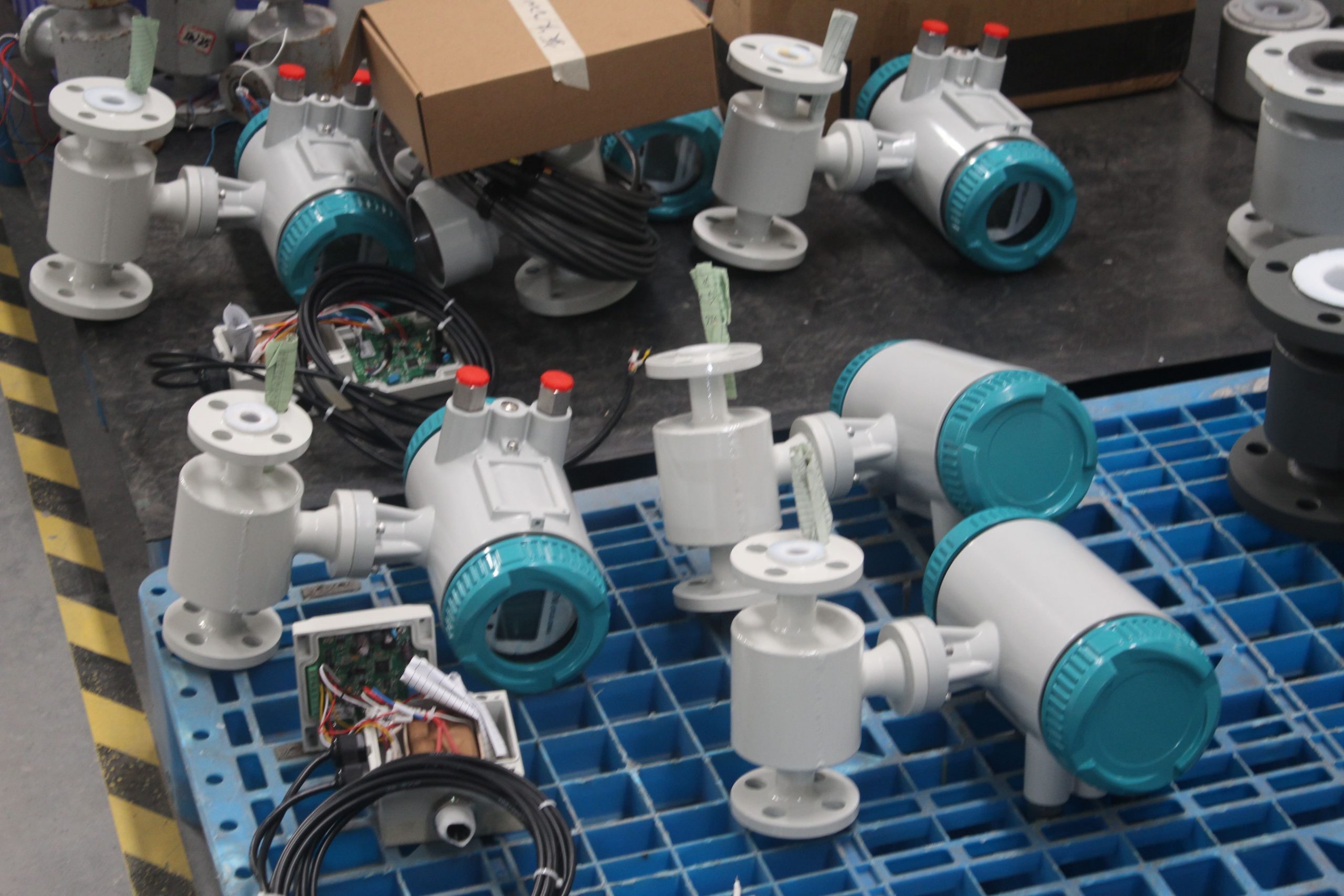
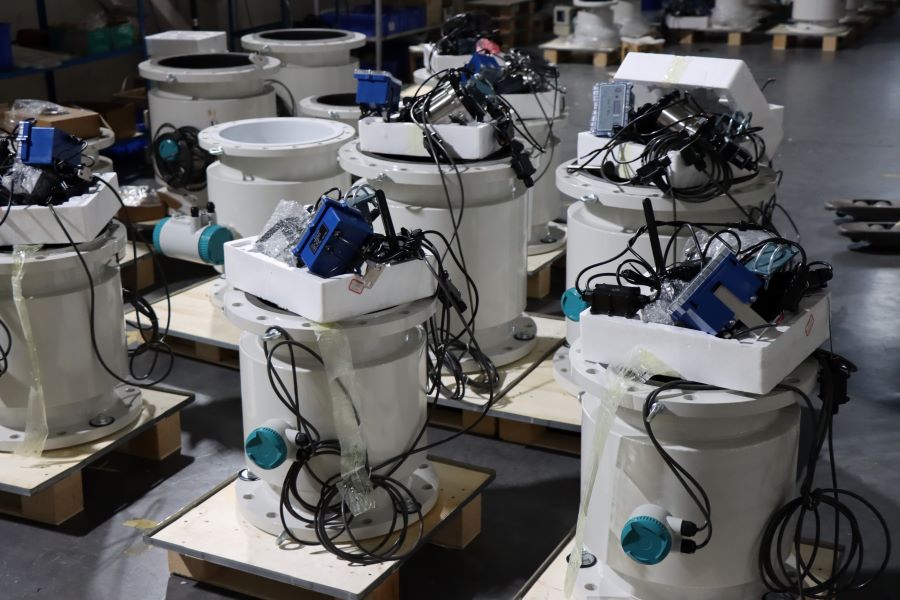
-.jpg)
